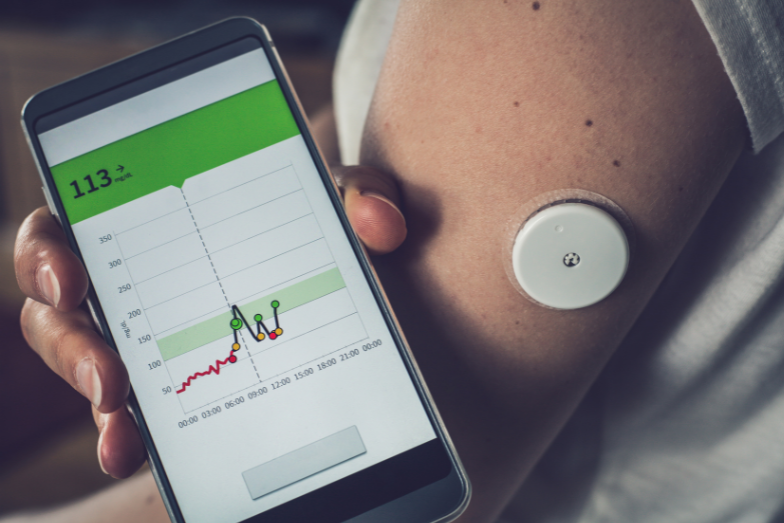Growing Concerns Due to Social Disparities The older population is at risk of facing adverse health effects due to discrimination often related to race and ethnicity [1]. For instance, older black patients are more likely to face increased health problems due to the discrimination they face [1]. In general, older people...
Tag: digital data
Overview of Key Issues Going into 2023 Earlier in 2023, we predicted that the healthcare industry would see more personalization and prevention options for patients [1]. Some key issues included a bias towards minority groups, the lack of patient engagement, and the need for improved collaboration between providers and patients. This...
Concerns for Patients When AI is Used The use of AI in healthcare is becoming increasingly mentioned due to its ability to transform personalized medicine. However, some patients may be concerned about the impact that AI will have on their care. First, a study was done where 31% reported feeling...
Obstacles to AI Deployment The private sector generally has more freedom when it comes to implementing AI compared to the public sector. This is because the public sector faces additional barriers and resistance related to finance, limited resources, and a lack of information on technology [1]. Oftentimes, machine learning requires an...
The Importance of Patient & Provider Engagement Focusing on patient engagement is essential because it leads to long-term positive health outcomes for patients. This can result in patients sticking to their medication plan or following up when they face new adverse effects. Oftentimes, patients are more engaged in their treatment plan...
The Importance of Engagement among Healthcare Staff Although patient engagement is an important topic in the healthcare industry, it’s also important to mention how crucial it is for providers and healthcare staff to be engaged in their roles and responsibilities. Oftentimes, physician engagement is linked with better-performing businesses, better patient outcomes,...
Ways Providers Can Retain Patients Patients need to feel genuine interactions with their provider and care team so they feel like they are receiving a positive care experience [1]. This is often done by doctors communicating with their patients in an empathetic and compassionate way. Moreover, if small adverse effects do...
Leadership Promotes Positive Customer Experiences Leaders are important in keeping businesses focused on their priorities while they meet their goals. In the healthcare industry, it’s important for health IT professionals to focus on customer experience throughout the process. Leaders can do this by utilizing the mission of the company to focus...
Defining Maturity Models Maturity models in health IT promote customer experience and positive outcomes for patients and employees. Oftentimes, maturity models allow businesses to assess their goals and achievements in a productive way that promotes improvement [1]. Maturity models also allow companies to create a plan for organizing and communicating new...
Cloud Technology in 2022 Cloud technology is becoming more popular due to its ability to provide secure data management and storage. However, cloud technology still has a long way to go in improving the quality of care and providing a digital transformation that improves patient outlook. For instance, patient safety is...









